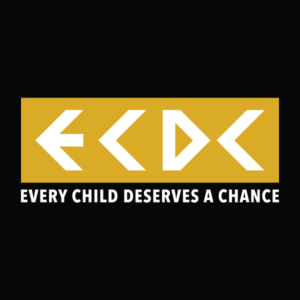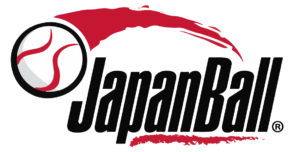Baseball. Uganda.
For the vast majority of people, those words would not seem to belong in the same sentence. Yet, they do. There is baseball in Uganda – more than one might think – and that’s thanks to people such as Jaz Shergill and others.
Shergill is a native of Toronto who utilized Baseball Jobs Overseas to earn playing opportunities in Australia, South Africa and Germany, and he also played in Canada’s Inter-County Baseball League and the former Can-Am independent pro league. While playing in South Africa, he worked with a charity called Play Sports 4 Life that worked with disadvantaged communities around Cape Town.
“I helped teach people the game,” Shergill said, “and the experience really changed my perspective on life. When my contract was over and I came home, I felt kind of an emptiness, so I started my own organization called Every Child Deserves a Chance. We would collect a lot of equipment and send it to Play Sports 4 Life. We started having other requests for help and decided to meet with one of the Ugandan baseball organizations.
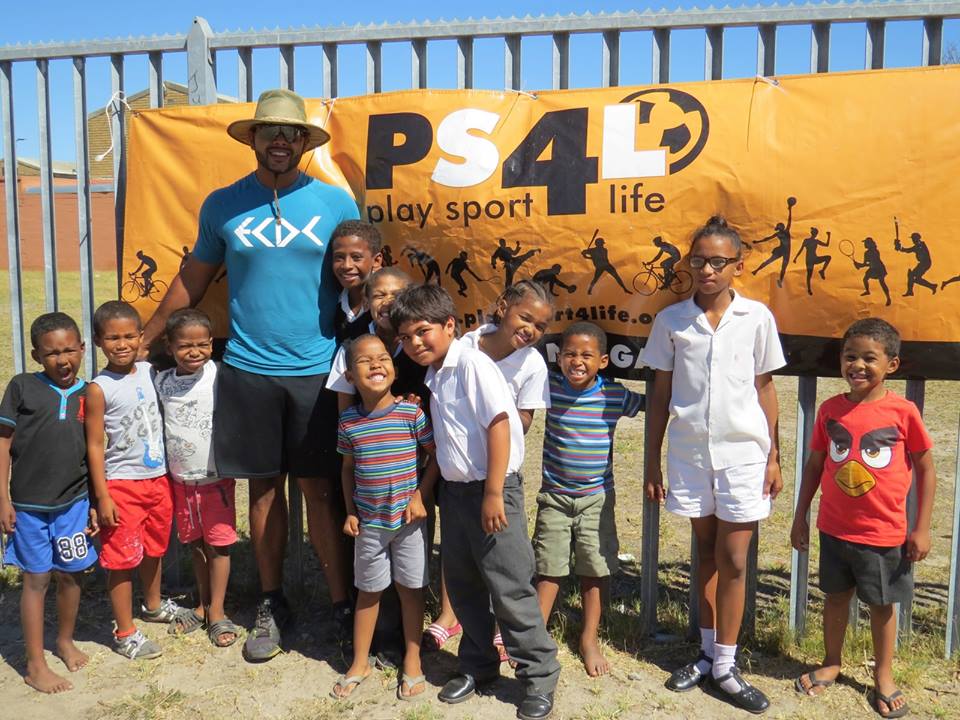
Photo: While playing baseball in South Africa during the 2016-2017 winter, Jaz worked with a charity called Play Sports 4 Life. It was there he discovered his true calling, to work with kids in disadvantaged communities in Africa.
“I went over there and took four or five suitcases of equipment, and that trip really opened my eyes as to how much organization existed and big the interest in baseball was there. It was clear they knew about the game, and that surprised me, so we decided to focus on Uganda.”
Matt Soren, a former Philadelphia Phillies farmhand, lives in New York and essentially acts as the organization’s director of East Coast operations. As a dual U.S./Israel citizen, he also pitches for Team Israel and will play in the European Cup this September. He met Shergill while playing in South Africa and has been with ECDC from the beginning. He focuses primarily on getting equipment.
“After meeting Jaz and seeing what he was doing with the non-profit there, I got inspired to use sports to help kids’ lives,” Soren said.
“With ECDC, I try to help however I can. I spread the word on social media, but the main thing is getting equipment and then getting it to people who need it. Shipping costs are large. The last shipment to South Africa was 2,500 pounds and cost $30,000, and we’re always looking for donations to help defray the costs. We do key on Uganda, but we also are active in South Africa and Cameroon. Ideally, this would someday become a world project – I’ve been doing some legwork in South America, for example – but we don’t want to expand too quickly.”
Shergill’s organization in Uganda has its main location in Luwero, but it works with players from various parts of the country. It has a few paid coaches, but most are volunteers. It currently supports 14 teams, with 15-20 players per team, and also helps train other younger players. ECDC provides assistance in any way it can – by supplying and helping coaches, supporting tournaments, sometimes helping players financially, giving players chances to play overseas, and more.

Photo: Jaz poses for a photo with kids in Africa and the baseball equipment he brought with him.
Because of Covid-19, Shergill hadn’t been to Uganda since 2019 until he traveled there in May of this year.
“It was amazing to see the growth,” he said. “The talent level has really grown. We put together a 14-team tournament, and everyone was extremely developed. The competition was very balanced, and you could tell that they knew what they were doing.”
A pitcher from Luwero, David Matoma, recently signed with the Pittsburgh Pirates – just the third Ugandan to sign with an MLB club. And another pitcher, Kato Edrine, played semi-pro ball in Japan last year.
“Matoma is the first player we’ve worked with who has signed with an MLB team,” Shergill said. “He’s in the Dominican Summer League now and recently hit 101 on the radar gun. Edrine is a lefthander who’s touched 94 [mph] with his fast ball, and he’s getting some interest from NPB (Nippon Professional Baseball) teams.”
Those are significant milestones, as baseball is relatively new in Uganda. Shergill’s understanding is that missionaries brought it with them during the 1980s and 1990s. A 2015 article says that George Mukhobe, a former manager of a top Ugandan Little League team and later president of the Ugandan Baseball Federation, learned the game from American missionaries while in school in the mid-1990s. But [Mukhobe] said no one at that time considered staying involved with the game after finishing school.
According to a May 2023 Los Angeles Times story, baseball was “introduced” to Uganda in 2002. Like some others, the Times story discusses the efforts of Richard Stanley, a retired chemical engineer and former part-owner of a minor-league baseball team who was volunteering for an international development project in Uganda and was asked to help start a baseball league for children. Interest in the sport grew, and Stanley eventually built a Little League complex and a secondary school in Mpigi, a complex shared by the Los Angeles Dodgers since 2019 for what the Times article says amounts to a “secret” baseball academy.
Clearly, interest in the game and the quality of play have continued to grow since then.
Uganda’s Little League team improved quickly but went through quite a few hoops before finally getting to the Little League World Series in Williamsport, PA., for the first time in 2014. The Europe/Middle East/Africa regional tournament is held in Poland, and getting there was extremely complicated and expensive. Just getting birth certificates for the players was challenging, since some can be orphaned and documentation in Uganda is not what it is in more developed countries. Then the entire team had to go as a group to get their visas at the Polish embassy – the nearest of which was 16 hours away by bus in Nairobi, Kenya.
However, when the team won the regional, it was denied visas by the U.S. State Department because of alleged discrepancies in their documents. There was suspicion of forgery because, in interviews, parents did not always give birth dates that aligned with what was in the documents.
The team did get visas the following year and became the first African team to participate in the LLWS, winning one of three games. The team returned to the LLWS in 2015 and defeated the Dominican Republic before losing to two powers – Venezuela and Chinese Taipei.

Photo: Uganda’s 2015 team was the first to participate in the Little League Baseball World Series.
Only two Africans have played in Major League Baseball – South Africans Gift Ngoepe (Pittsburgh, Toronto) and Tayler Scott (Los Angeles Dodgers), but the Dodgers signed two players last year out of their Ugandan academy – reliever Ben Serunkuma and outfielder/third baseman Umar Male, who are currently playing in the Arizona rookie league. And then there is Matoma.
In February 2023, the Ugandan U-12 and U-18 teams qualified for the Baseball World Cup tournament, which is scheduled to take place in August. Also, two Ugandans – Isaac Odongo and Nick Alumai – are playing college ball at the University of St. Thomas in Houston, TX.
In addition, recent publications have highlighted the story of 18-year-old catcher Dennis Kasumba, who received a travel visa to play in the MLB Draft League, a six-team circuit comprised of amateur players hoping to be drafted. Kasumba lost both parents at an early age and has lived in extreme poverty much of his life.
“Great for Dennis, he’s going to have the experience of a lifetime,” MLB Draft League president Sean Campbell said. “Hopefully it leads to other baseball opportunities down the road. But it’s really about those 12- and 13-year-olds who are playing baseball in Uganda right now and seeing that there is light at the end of the tunnel.”
And that is the goal – to fuel continual growth of the sport. And that is a challenge.

Photo: The LA Dodgers signed reliever Ben Serunkuma and outfielder/third baseman Umar Male out of the Ugandan academy. Both are currently playing in the Arizona rookie league. Photo Credit: Georgge Katongole
Shergill highlights the need to create a Ugandan league so that teams from different communities are able to travel and compete against one another. Another barrier is that players often have to quit playing at a relatively young age so they can help support their families by farming or other activities. In addition, visa restrictions can sometimes make it difficult for Ugandans to play in other countries, and teams often are reluctant to take a chance on an Ugandan player when they can more easily get players from countries like Canada and the United States that have much longer baseball histories.
Yet another complication is that the different baseball-related organizations in Uganda tend to work independently, rather than in concert.
“Uganda Baseball and Softball is located in a different region and doesn’t always fully trust and support outside organizations that want to provide assistance,” Shergill said. “Then you have the Dodgers’ academy, which takes players. The different organizations sometimes have their own interests and don’t work together as often as they might.
“We’ve been working hard to fix this; it’s a slow process, but we’re going in the right direction. Our coaches work with the Uganda Baseball and Softball Association as much as possible and include them in everything we can. We work really hard to create connections. The only way we can prove that we’re doing this for the right reasons is to attend to all the little things. We want nothing except to help provide opportunities.”
Not ready to hang them up? Seeking a new career path?
Annually our members sign over 300 contracts overseas. There are a variety of levels overseas which present opportunities for players and coaches, both aspiring and established professionals.
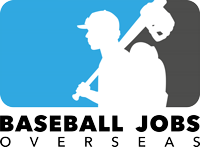
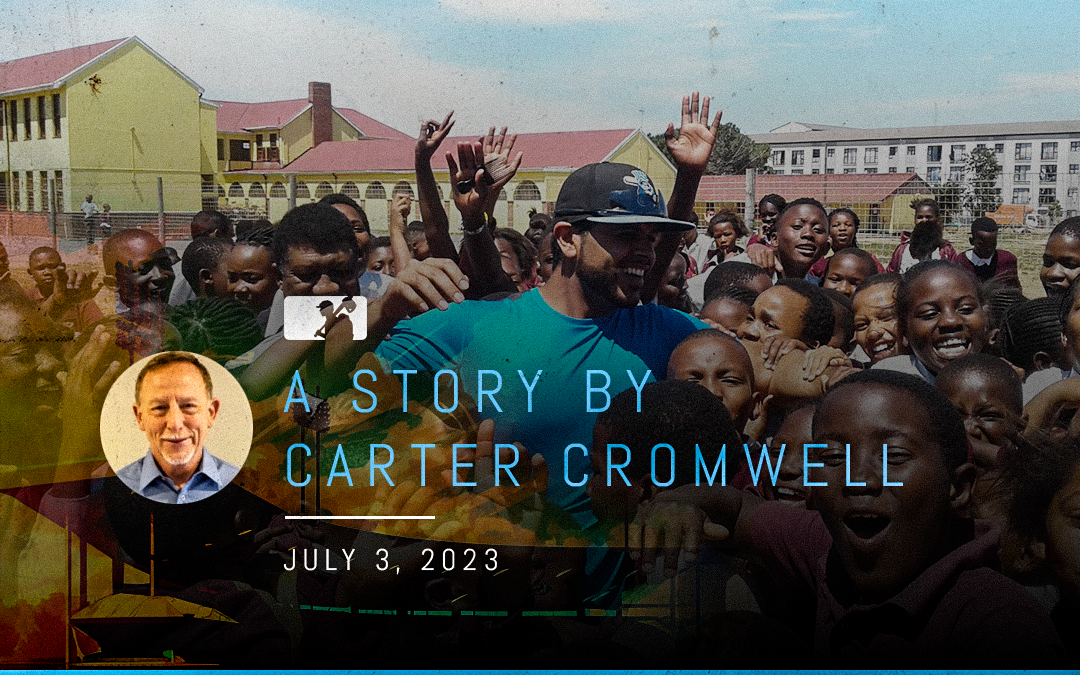
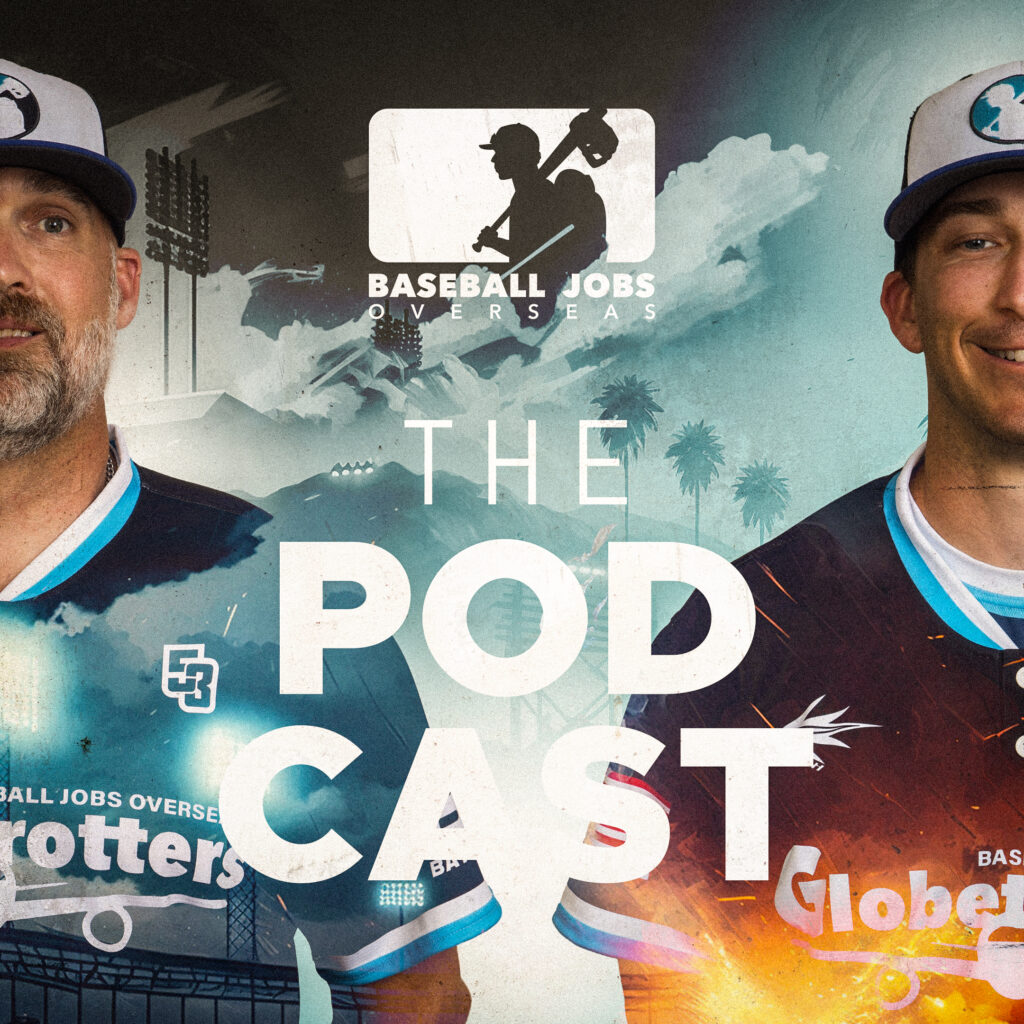
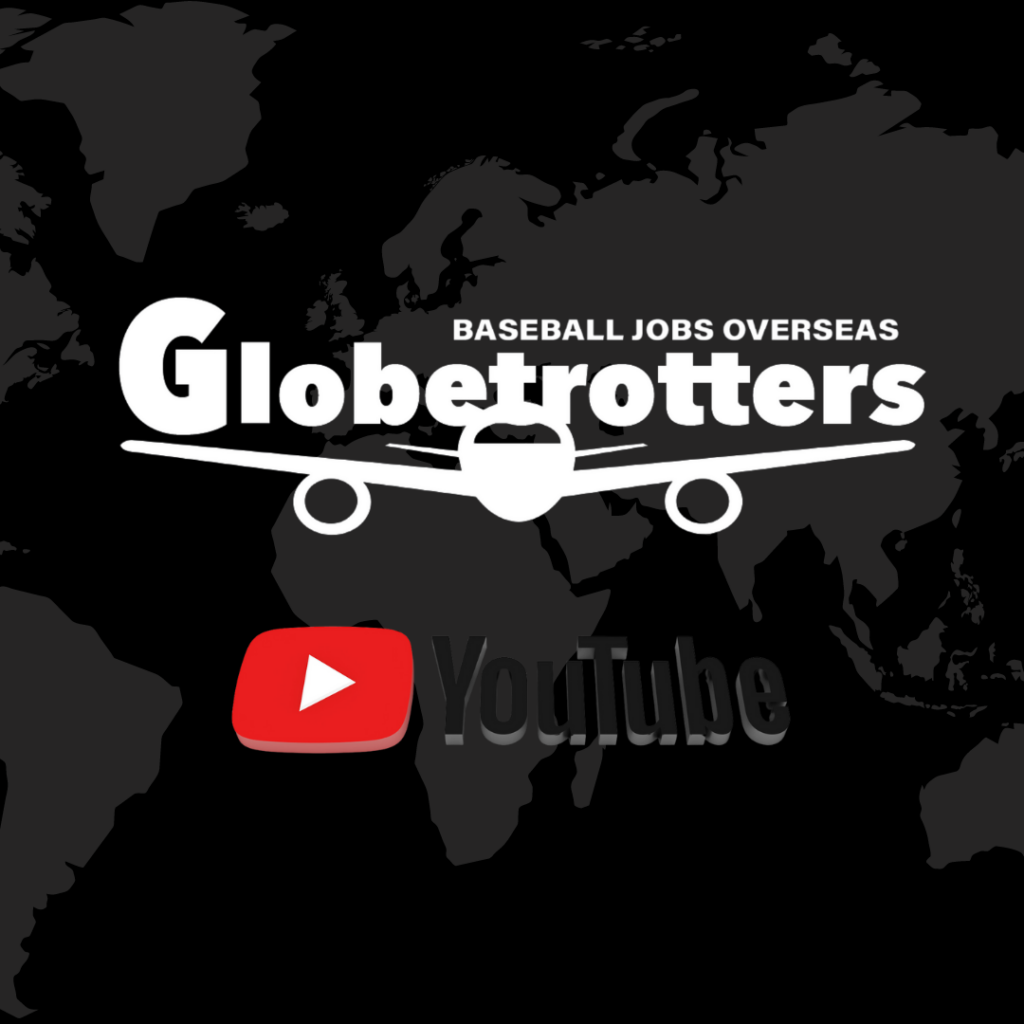
 Moonshot is a baseball apparel company based out of Mannheim, Germany, and is owned and operated by a good friend of ours, Juan Martin. What separates Moonshot from the other companies we have used in the past, is the value for your money and the customer service. You will not find prices like this in Europe or someone that responds faster.
Moonshot is a baseball apparel company based out of Mannheim, Germany, and is owned and operated by a good friend of ours, Juan Martin. What separates Moonshot from the other companies we have used in the past, is the value for your money and the customer service. You will not find prices like this in Europe or someone that responds faster. 
 High end, professional wood and composite bats with a wide selection of models using many different types of wood from Japan, North American and Taiwan. Hakusoh Bat is approved with the WBSC and across Europe.
High end, professional wood and composite bats with a wide selection of models using many different types of wood from Japan, North American and Taiwan. Hakusoh Bat is approved with the WBSC and across Europe. 



